Premium Only Content
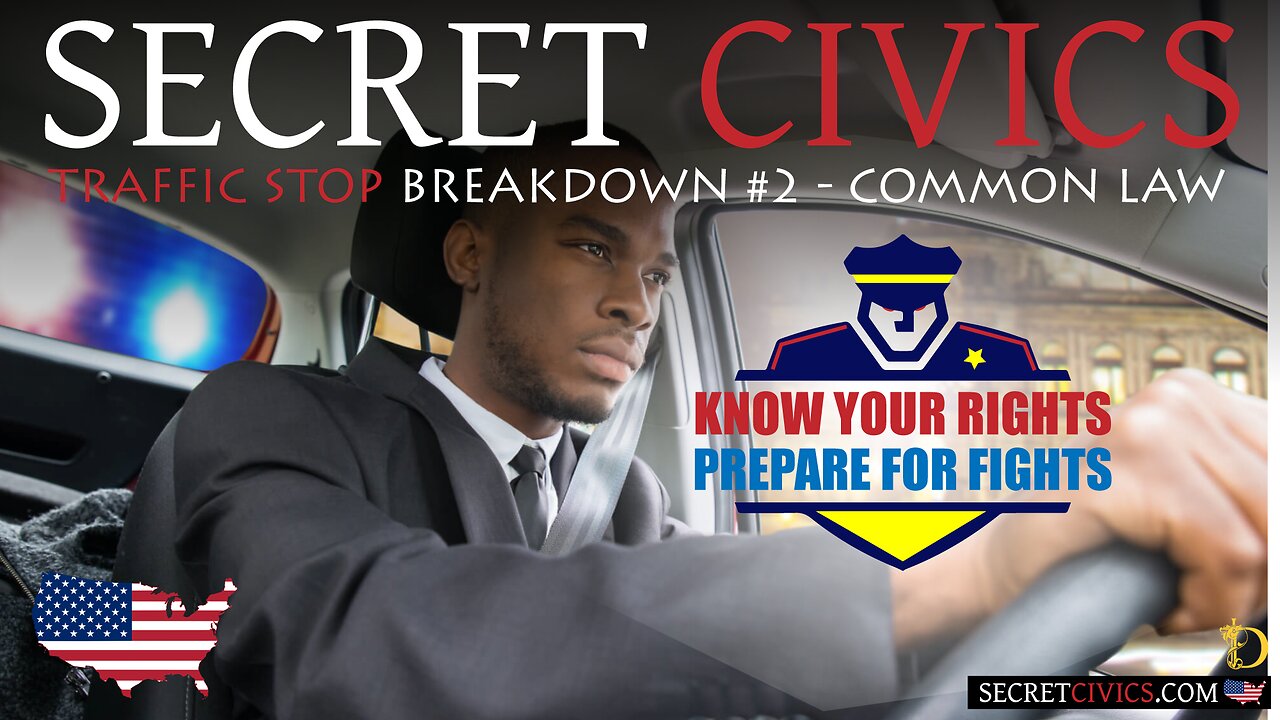
SC - Traffic Stop Breakdown #2 (Longer Version)
A tacit agreement refers to an understanding or arrangement that is inferred from actions or circumstances rather than expressed explicitly in words. In the context of a traffic stop and interactions with law enforcement, it's crucial to be aware of how your words and behavior might unintentionally create such agreements.
Understanding the Context
When you're pulled over, knowing your rights and being careful with your language can help you avoid inadvertently entering into a tacit agreement that could be used against you. Here are some key points to keep in mind:
Right to Remain Silent: You have the right not to incriminate yourself. You can exercise this right by politely informing the officer that you choose to remain silent.
Non-Verbal Agreements: Actions and body language can sometimes be construed as consent or agreement. Be mindful of how you present yourself and follow legal guidelines without overstepping your rights.
Consent to Searches: Be cautious when agreeing to any searches. Verbally and clearly state that you do not consent to a search. This is important as consent to searches is one common area where tacit agreements happen.
Avoiding Incriminating Terminology
Here's a breakdown of phrases and actions to avoid, and what you can do instead:
Things to Avoid:
Admitting Fault: Avoid saying things like "I didn't realize I was speeding."
Implied Consent: Don't say "Sure, you can take a look" when asked for a search.
Incriminating Responses: Phrases like "I only had one drink" are better left unsaid.
Preferred Responses:
Exercise Your Rights: "Officer, I choose to remain silent."
Refuse Searches Politely: "I do not consent to a search."
Request Legal Representation: "I would like to speak to an attorney."
Key Legal Points to Remember:
Ask If You're Free to Leave: "Officer, am I being detained or am I free to go?" This can help clarify if you are under any obligation to stay.
Record the Encounter: If legally permissible in your jurisdiction, recording the interaction can provide an accurate record of what transpired.
Practical Example:
Incorrect Approach:
Officer: "Do you know why I pulled you over?"
You: "I guess I was speeding a little."
Correct Approach:
Officer: "Do you know why I pulled you over?"
You: "No, officer."
By choosing the correct approach, you avoid self-incrimination and the possibility of entering into a tacit agreement.
Broader Implications of Tacit Agreements
In some discussions about law enforcement and corporate governance, there's an argument that individuals may unwittingly agree to certain terms and conditions by their actions, without explicit consent. This is often cited in the context of traffic stops, where corporatization concepts are raised.
By being informed and mindful of your rights and how you communicate, you can better navigate interactions and protect yourself from unintentional agreements.
-
 LIVE
LIVE
Roseanne Barr
42 minutes agoJovan Pulitzer Is Back! | The Roseanne Barr Podcast #124
9,266 watching -
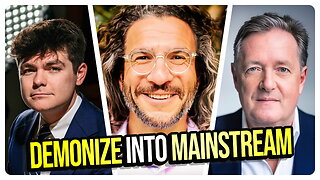
vivafrei
2 hours agoDemonizing Nick Fuentes into the Mainstream! Live with Jake Lang! Miranda Divine Guest & MORE!
53.1K28 -
 12:54
12:54
MetatronGaming
2 hours agoYou Remember Super Mario WRONG and I can Prove it
132 -
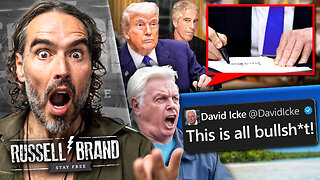 1:02:55
1:02:55
Russell Brand
2 hours agoThe Epstein Files Are Coming — And The Establishment Is Terrified! - SF653
67.2K11 -
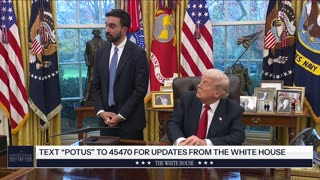 32:47
32:47
The White House
2 hours agoPresident Trump Meets with Zohran Mamdani, Mayor-Elect, New York City
10.1K13 -
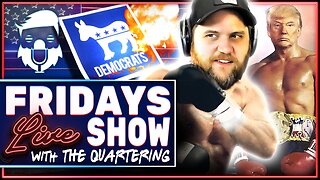 1:07:21
1:07:21
The Quartering
1 hour agoPeace Between Ukraine & Russia? Kimmel Meltdown & More layoffs
15.8K2 -
 LIVE
LIVE
Barry Cunningham
2 hours agoBREAKING NEWS: PRESIDENT TRUMP MEETS WITH COMMIE MAMDANI | AND MORE NEWS!
2,247 watching -
 LIVE
LIVE
LadyDesireeMusic
46 minutes agoLive Piano Music & Convo | Anti Brain Rot | Make Ladies Great Again | White Pill of the Day
79 watching -
 LIVE
LIVE
StoneMountain64
3 hours agoArc Raiders Making Money and LEVELING Up
81 watching -
 LIVE
LIVE
ReAnimateHer
4 hours agoNell’s Diner Is OPEN… For Your Final Meal
39 watching